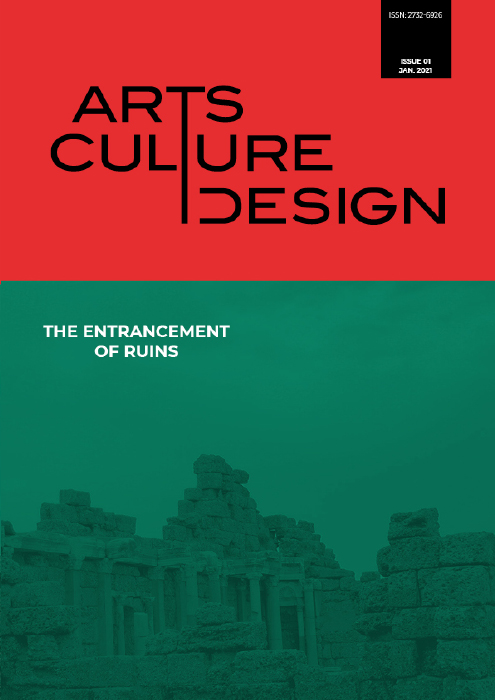DAMNATIO MEMORIAE: CONTEMPORARY CONDEMNATION OF MEMORY

Abstract
Article Details
- How to Cite
-
Georgiadou, Z., FLorou, V., & Ilia - Georgiadou, I. (2020). DAMNATIO MEMORIAE: CONTEMPORARY CONDEMNATION OF MEMORY. Design/Arts/Culture, 1. https://doi.org/10.12681/dac.25913
- Section
- Articles
The copyright for articles in this journal is retained by the author(s), with first publication rights granted to the journal. By virtue of their appearance in this open access journal, articles are free to use (with the exception of the non-granted right to make derivative works) with proper attribution for non-commercial uses (licence Creative Commons 4.0). EKT/NHRF retains the worldwide right to reproduce, display, distribute, and use articles published in DAC in all formats and media, either separately or as part of collective works for the full term of copyright. This includes but is not limited to the right to publish articles in an issue of the Journal, copy and distribute individual reprints of the articles, authorize reproduction of articles in their entirety in another EKT/NHRF publication, and authorize reproduction and distribution of articles or abstracts thereof by means of computerized retrieval systems.
DAC journal considers all submitted artwork on the condition author(s) confirm that third-party intellectual property rights are not violated in any way.
Author(s) are responsible for securing permissions to publish copyrighted material, such as photographs and other artwork and for paying any fees involved. Production of an article will not begin until the editor has received all relevant permissions.
The copyright for published articles in Design | Arts | Culture is retained by the author(s). By virtue of their appearance in this open access journal, articles can be used freely, with proper attribution, for educational and other non-commercial purposes.


